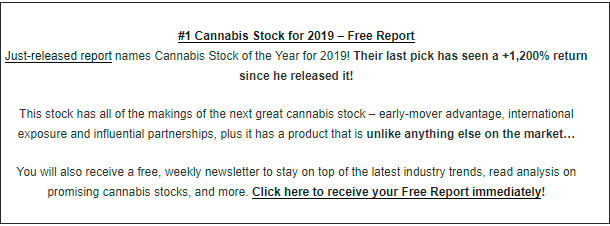Shares of Tibet Huayu Mining Co., Ltd. (SHA:601020) last traded at 12.17, representing a move of -0.41%, or -0.05 per share, on volume of 8.62M shares. After opening the trading day at 12.3, shares of Tibet Huayu Mining Co., Ltd. traded in a close range. Tibet Huayu Mining Co., Ltd. currently has a total float of 525.88M shares and on average sees 8.55M shares exchange hands each day. The stock now has a 52-week low of 7.6 and high of 18.08.
SSE: Creating A Global Economy Powerhouse
Amid numerous setbacks in the past, China has still proven itself to have one of the most important economies not just in Asia but in the whole world. Trade and commerce is richly flourishing in the nation and the Shanghai Stock Exchange (SSE) is one of the reasons it does. It is also the best place to show full potential for Tibet Huayu Mining Co., Ltd. and its colleagues.
The SSE
The SSE, one of China’s primary stock exchanges aside from the Shenzhen Stock Exchange, is a non-profit organization that is administered by the China Securities Regulatory Commission (CSRC). As of February, the SSE boasts with a market capitalization of $3.50 trillion, making it the fifth largest stock exchange in the world. In Asia, it is the second biggest stock exchange. The second biggest market in the world increased the chances of Tibet Huayu Mining Co., Ltd. to catch attention of investors.
The SSE was established in 1866 but it had to close on December 5, 1941 when Japan invaded Shanghai. Operations did not resume until December 19, 1990.
Shortly after the relaunch of the SSE, the SSE Composite Index began operating on July 15, 1991 as the primary index measuring all stocks on the SSE based on market capitalization. It tracks companies using the Paasche weighted composite price index formula. Measuring more than 1,000 companies listed on the SSE means that the SSE Composite Index is a broad indicator of the Chinese economy. As a result, it had to have three sub-indices: 1) the SSE 380, which monitors the 380 most active companies; 2) the SSE 180, which monitors the 180 most active companies; and 3) the SSE 50, which monitors the 50 most active companies. Of course, in order to be included in the SSE 50, a company needs to first be included in the SSE 180 and the SSE 380. Similarly, in order for it to be included in the SSE 180, it first needs to be included in the SSE 380. The smaller the index, the clearer of a representation it is of the Chinese economy.
The SSE Composite Index has last seen its all-time high of 6,092.06 in October 2007, shortly before the 2008 Global Financial Crisis broke out; and its all-time low of 99.98 in December 1990— during the relaunch period of the SSE.
Chinese Trade and Commerce
Companies listed on the SSE are classified into two types: 1) A shares, which are traded in yuan; and 2) B shares, which are traded in US dollar (USD). In the past, only domestic traders had been allowed to trade A shares. Foreign investors had been limited to B shares. However, the restriction was lifted in 2002, giving the Chinese economy more opportunities to grow immensely with greater foreign investments. It means more possibilities for Tibet Huayu Mining Co., Ltd..
The regular trading session on the SSE starts at 9:30 and ends at 11:30 in the morning and starts at 1:30 and ends at 3:00 in the afternoon. There is also a pre-market trading session that starts at 9:15 a.m. and lasts for 10 minutes.
China is Asia’s largest economy, which is why there is no better way to bet on the Asian trade and commerce environment than to invest on SSE stocks. Traders look on the liquidity of Tibet Huayu Mining Co., Ltd..

Receive News & Ratings Via Email - Enter your email address below to receive a concise daily summary of the latest news and analysts' ratings with our FREE daily email newsletter.
